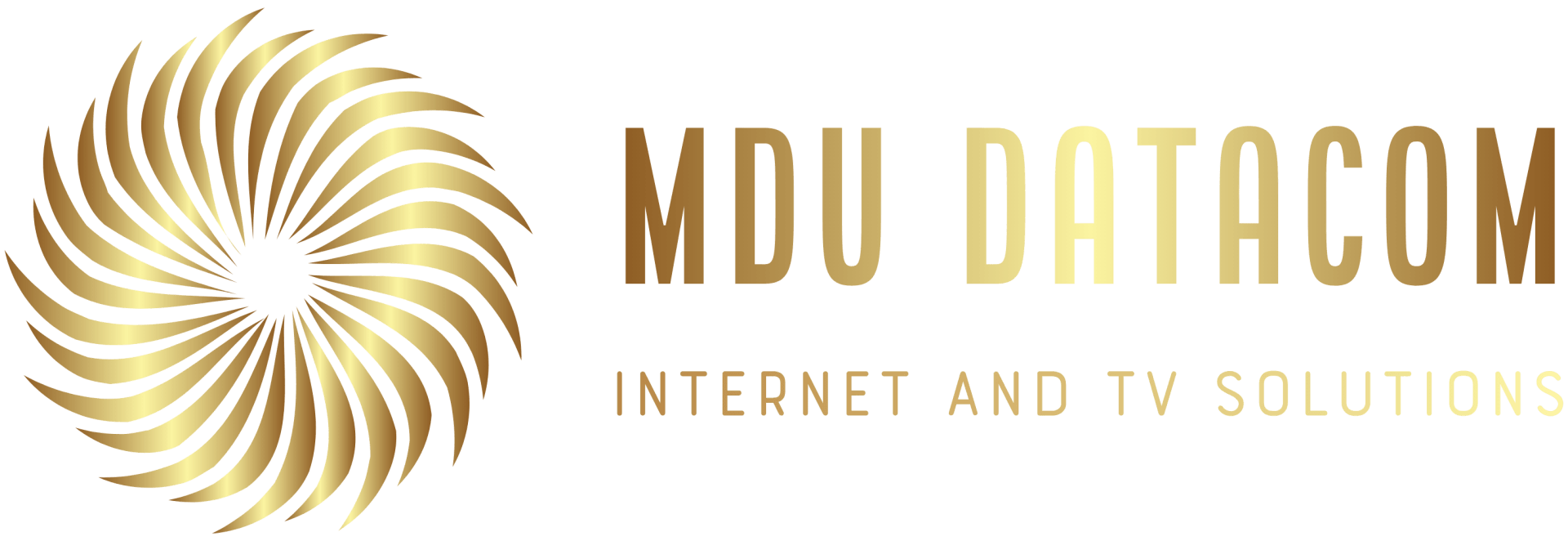Enhancing Cloud-based Resource Administration Approaches for Enhanced Effectiveness in Multi-Unit Units
Within today's society, many individuals reside in multi-dwelling units, such as apartment buildings and condo complexes. These buildings frequently utilize resources such as power, H2O, and broadband services. Managing these resources efficiently is crucial for not only the ecosystem and the tenants' well-being. Cloud resource management approaches can assist enhance the effectiveness of these shared resources. By utilizing technology and information analysis, property managers can optimize the way utilities are utilized, resulting to cost savings and a better residential environment for all.One effective strategy for managing utilities in multi-unit buildings is the use of smart meters. Intelligent measurement devices offer real-time data on power and H2O consumption. This data enables building managers to detect patterns and trends in resource use. For instance, if a particular unit consumes considerably more water than others, the administrator can investigate potential leaks or motivate the tenant to embrace additional water-saving habits. By tackling these concerns quickly, administrators can minimize loss and lower utility expenses for everyone residents.

A further important element of cloud utility management is the implementation of eco-friendly technologies. Numerous multi-dwelling buildings can benefit from eco-friendly lighting, heating systems, and cooling units. These technologies not just reduce power consumption but also lower service bills. Building managers can use digital platforms to monitor the efficiency of these solutions and make adjustments as required. For instance, if a heating system unit is not operating efficiently, the manager can arrange maintenance or upgrades to guarantee optimal efficiency.
Alongside smart measurement devices and eco-friendly technologies, digital utility management can improve interaction between property administrators and tenants. A cloud-based system can provide tenants with access to their utility consumption data, allowing them to monitor their usage. This transparency motivates tenants to be more mindful of their utility consumption. Furthermore, building managers can distribute alerts about service schedules, eco-friendly advice, or community events through the system. Enhanced communication fosters a feeling of togetherness and motivates tenants to participate in resource-saving efforts.
Finally, adopting digital utility management strategies can lead to a more sustainable living space. Through enhancing utility use, multi-unit buildings can significantly reduce their environmental footprint. This is important not just for the tenants but also for the environment. As more an increasing number of individuals grow conscious of ecological concerns, they are likely to value residing in a structure that focuses on eco-friendliness. Building managers who implement these approaches can draw in additional resources eco-conscious aware tenants, enhancing the building's reputation and potentially boosting its worth. In conclusion, efficient digital utility administration is crucial for establishing effective, comfortable, and eco-friendly residential environments in multi-unit buildings.